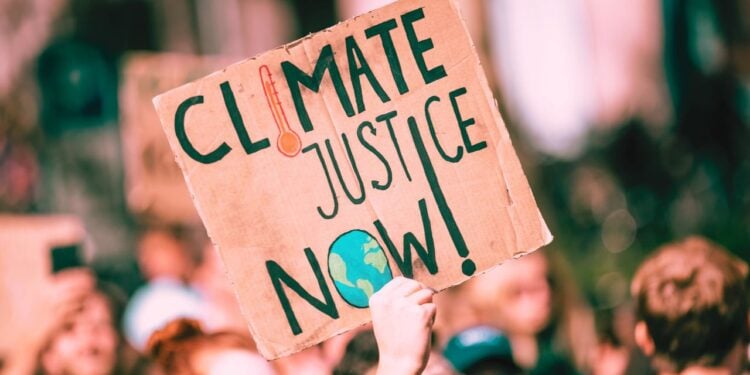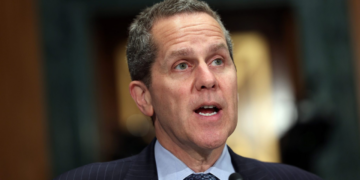Corporate greenwashing is surging as companies like AIG, Amazon, Shell Oil, and BP have made ambitious commitments to align with the Paris Agreement’s goal of limiting global warming to 1.5 degrees Celsius above preindustrial levels, but have struggled to follow through, according to the Washington Post.
The United States lacks a national climate law with mandatory emissions targets for industries and does not tax carbon. This regulatory vacuum means companies are left to set their own climate goals, often without clear plans or understanding of necessary trade-offs. The Net Zero Tracker project found that only a small fraction of companies with zero-emission pledges are meeting the minimum requirements to align with the Paris Agreement.
At the U.N. Climate Change Conference (COP28), the reliance on market forces and voluntary corporate initiatives to address climate change is being questioned due to limited progress and setbacks, including companies withdrawing from the Net Zero Insurance Alliance and Vanguard leaving a consortium committed to fossil-free portfolios.
Despite these challenges, there is some optimism as the number of companies making climate pledges is increasing. However, few are taking sufficient action to prevent catastrophic warming. The fossil fuel industry, in particular, is criticized for not investing enough in clean energy and continuing to expand oil and gas production, contradicting their public commitments to transition to cleaner energy sources.
The new trend of “climate quitting” might become even larger in the near future, as workers realize that there is a need for more stringent regulations and oversight to ensure that corporate pledges translate into meaningful progress toward reducing emissions and combating climate change — which has significant implications for the future of work in all industries affected by the transition to a low-carbon economy.















